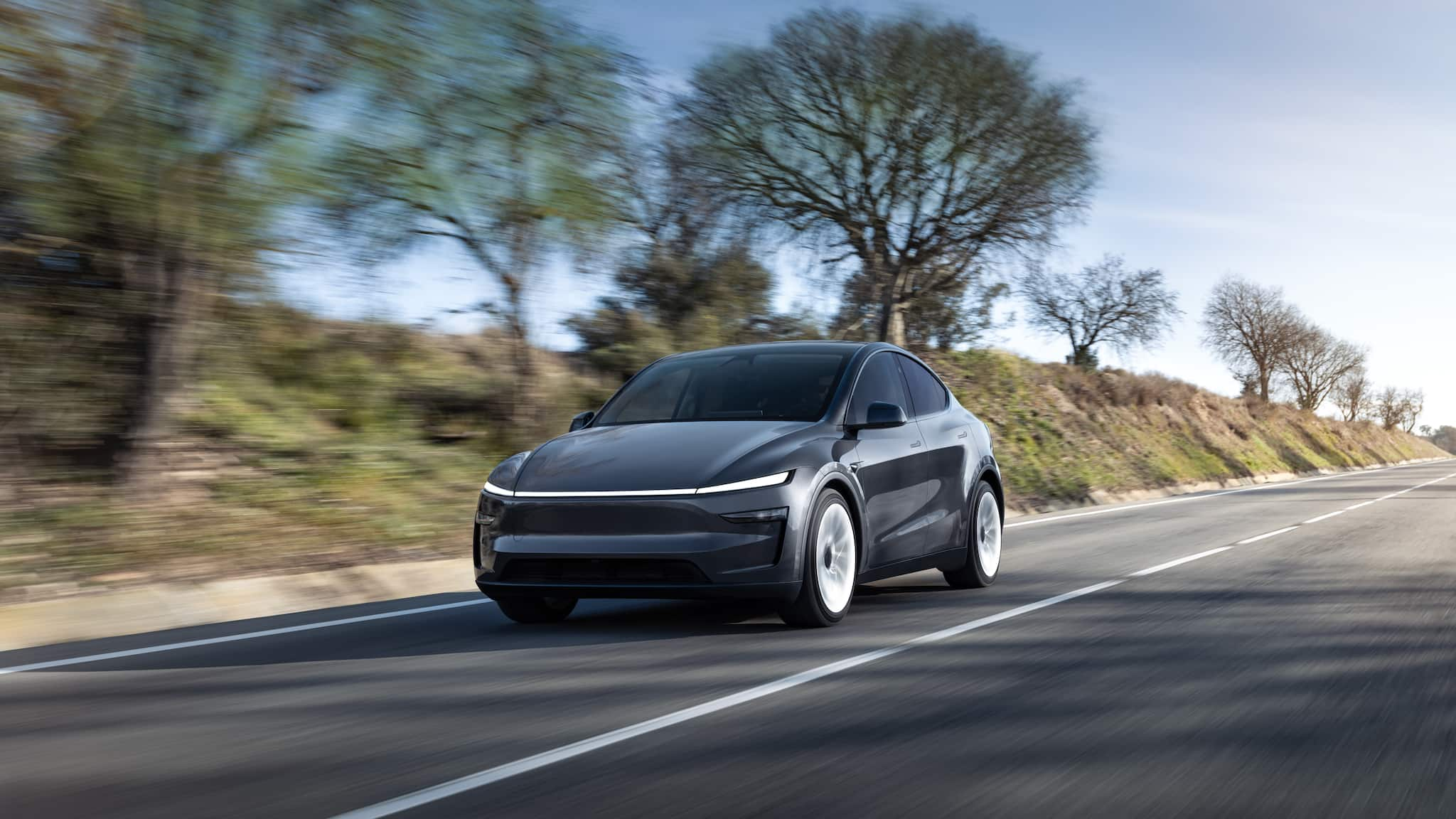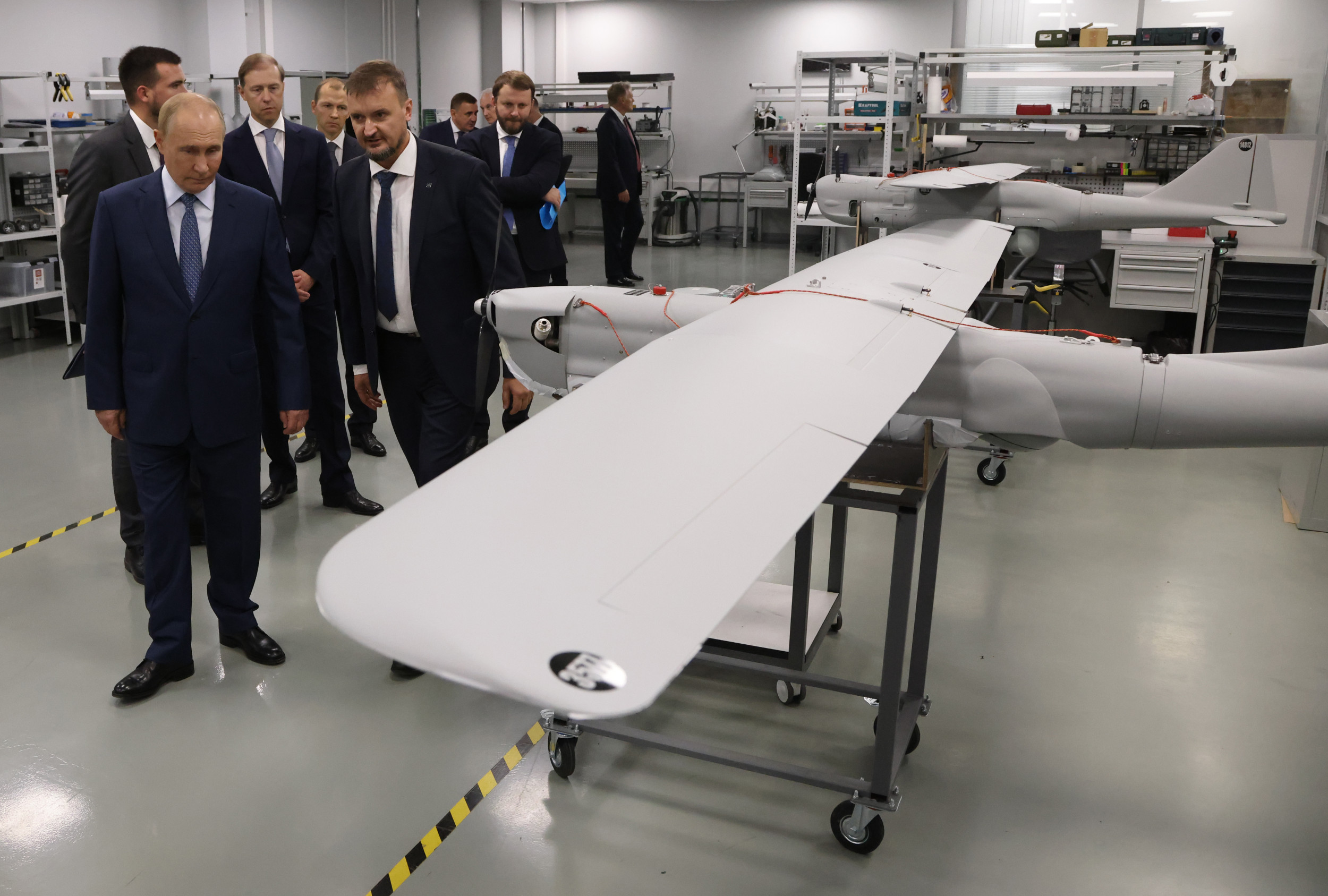Tesla Autopilot Trial: A Landmark Case Shaping the Future of Driver-Assist Technology

A gripping courtroom drama is unfolding in Miami, as Tesla faces a federal trial stemming from a fatal Autopilot crash. This case is more than just a legal battle; it's a pivotal moment for the entire driver-assist technology industry. The trial centers around the 2018 death of Jeremy Banner, who crashed into a concrete barrier while using Tesla’s Autopilot system. His family is suing Tesla, alleging that the company’s technology and marketing practices were dangerously misleading, contributing to his death.
The Core of the Case: Safety Claims and Driver Responsibility
The lawsuit isn't simply about whether Autopilot malfunctioned. It's challenging Tesla's broader claims about the system's capabilities and the extent to which drivers can rely on it. Plaintiffs argue that Tesla has consistently downplayed the limitations of Autopilot and exaggerated its safety features, particularly through marketing campaigns and the naming of the system itself. The “Autopilot” name, they contend, falsely implies a level of automation that doesn’t exist.
Tesla, on the other hand, maintains that Autopilot is an advanced driver-assistance system (ADAS) and that drivers are always responsible for maintaining control of the vehicle. They will likely argue that Banner misused the system and failed to pay adequate attention to the road.
Emotional Testimony and Key Evidence
The trial has already seen emotional testimony from Banner's family, painting a heartbreaking picture of the loss. Crucially, evidence is being presented regarding Tesla's internal documents, communications, and software logs related to Autopilot. Experts are analyzing the data to determine if the system contributed to the crash and whether Tesla was aware of potential safety risks.
What's at Stake: Beyond Tesla
The outcome of this trial could have far-reaching consequences for the entire automotive industry. Here's why:
- Increased Scrutiny of Driver-Assist Systems: A ruling against Tesla could lead to greater regulatory oversight of ADAS features across all manufacturers.
- Redefining 'Autopilot' and Similar Terminology: The trial may force companies to reconsider the terminology used to describe these systems, preventing misleading consumer expectations.
- Shifting Liability Landscape: The case could clarify the legal responsibilities of automakers and drivers when using ADAS, impacting future accident claims.
- Accelerated Development of Safer Systems: The pressure from legal challenges and potential regulations could spur further innovation in driver-assist technology, prioritizing safety above all else.
Elon Musk’s Role and Public Perception
While Elon Musk isn't expected to testify directly, his public statements and Tesla's marketing practices are under intense scrutiny. His often-optimistic pronouncements about Autopilot's capabilities have fueled debate about the appropriate level of trust drivers should place in these systems. The trial is likely to intensify the debate around the ethical and safety implications of increasingly autonomous vehicles.
The Future of Driver-Assist Technology
This trial is a critical test for the future of driver-assist technology. It highlights the need for transparency, clear communication, and a relentless focus on safety as these systems become more prevalent. The judge's decision will not only impact Tesla but also shape the trajectory of autonomous driving development for years to come. The world is watching closely as this landmark case unfolds, recognizing its potential to fundamentally alter how we think about and interact with self-driving technology.





